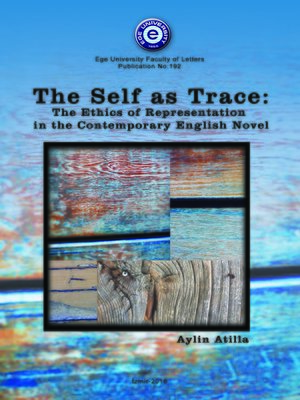The Self as Trace: The Ethics of Representation in the Contemprory English Novel
ebook
By Aylin Atİlla

Sign up to save your library
With an OverDrive account, you can save your favorite libraries for at-a-glance information about availability. Find out more about OverDrive accounts.
Find this title in Libby, the library reading app by OverDrive.



Search for a digital library with this title
Title found at these libraries:
| Library Name | Distance |
|---|---|
| Loading... |
The twenty first century novel is marked by an increased concern and engagement with the problems of subjectivity. The Self as Trace: The Ethics of Representation in the Contemporary English Novel examines the leading contemporary novels,-Ian McEwan's Saturday, Pat Barker's Border Crossing, J .G. Ballard's Millennium People and Martin Amis's Yellow Dog- written in the first decade of the millennium, which discuss the currentsociopolitical events and the relationship between the self and the society. They also point out the ethical stance which is never confined to an interpersonal level, but extends to the community. Another concern of this book is to trace how literary works develop in accordance with the values and problems of the dynamics of the decade in which they were written. Furthermore, this study analyses the ethical understandings of criticism, and it emphasizes the ethical importance of the work of literature by employing an ethical theory of fiction. To further develop the theoretical stakes of these literary readings, this book also studies the twentieth century continental thinker E. Levinas, whose ethics is an ethics of difference, or the ethics of the Other. This kind of reading focuses on the ethical significiance which underlies human subjectivity and culture, languange and reason upon which a responsible ethical perspective can be established.







